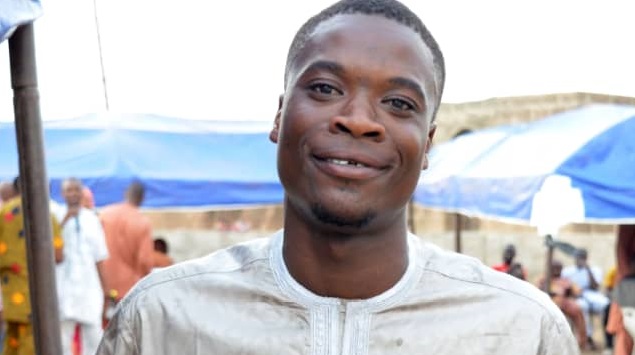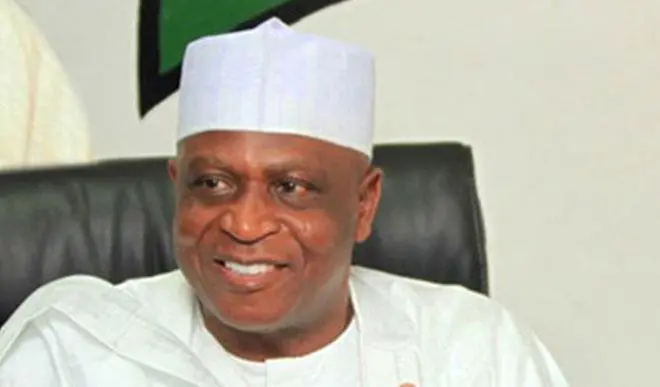Opinion| ECOWAS Crisis: Rising Tensions Between Niger and Nigeria
By Ogungbe-Biodun Olayinka
The African continent has faced numerous challenges throughout its history, and one of the most pressing in recent times is the ongoing ECOWAS crisis in West Africa. Established in 1975, the Economic Community of West African States (ECOWAS) has long served as a united front addressing political and economic issues in the region. However, the resurgence of military coups has disrupted this unity, plunging the organisation into a significant crisis. The return of military rule to the West African political landscape began with the overthrow of civilian governments in Mali in 2020 and again in 2021, followed by Guinea in 2021, Burkina Faso in 2022, and most recently, Niger in 2023. This wave of military coups has been a deeply concerning development, with the coup in Niger marking a particularly alarming milestone. It created the largest stretch of military-ruled territories in modern times, spanning from the Atlantic Ocean to the Red Sea, destabilising the political and economic landscape of the region. The rise of military regimes directly contradicts the democratic principles upheld by ECOWAS. In response, and amid fears of further coups, ECOWAS suspended military-led nations from the organisation.
From the perspective of the Junta-led countries, which are former French colonies, the overthrow of civilian governments was necessary as those administrations were incompetent, indecisive, and friendly to France, which has been accused of neocolonial activities and not contributing to the battle against insecurity despite having troops stationed in those countries. The ECOWAS crisis came to a peak in July 2023, when, a military junta overthrew President Bazoum of the Republic of Niger. Following this coup, the Nigerian president and chairman of ECOWAS, President Bola Ahmed Tinubu, threatened a military intervention by ECOWAS if Bazoum was not reinstated before the 6th of August.
The junta-led states of Mali and Burkina Faso immediately declared their support and solidarity for Niger and promised to aid the country militarily if an ECOWAS intervention occurred. These military regimes also received support from the Russian Wagner group, rebranded as “Africa Corps”. The growing influence of Russia in these countries was concerning to Western countries especially France which condemned the coup and expressed support for an ECOWAS intervention. At the time it seemed that the tragedy of international conflict would befall West Africa. Fortunately, however, when the deadline elapsed, ECOWAS settled for economic sanctions and the military intervention did not occur. The threat of an ECOWAS invasion led to the formation of the Alliance of Sahel States (AES) which consisted of Niger, Mali, and Burkina Faso. This alliance evolved into a completely different organisation and on the 28th of January 2024, the military regimes of these countries announced their withdrawal from ECOWAS “without delay”. These countries accuse ECOWAS of hypocrisy as the organisation talks tough against military coups with popular support but remains silent towards constitutional coups that help unpopular and unfit leaders stay in power.
Following these developments, it seemed that ECOWAS nations feared the rift in the bloc might widen as Guinea which was also suspended from the organisation due to a coup could be tempted to join this new alliance, there was also the fact that many French-speaking West African nations were sympathetic to the anti-French sentiments of the junta-led countries. As such, ECOWAS attempted to compromise and reconcile. The sanctions against the three countries were lifted on the 24th of February 2024. ECOWAS also pointed out that immediate withdrawal was not possible due to ECOWAS protocol and the countries in question have not consulted their populations on the matter. ECOWAS protocols allowed for a year grace period before withdrawal during which President Bassirou Faye of Senegal and Faire Gnassingbe of Togo played the role of mediators and sought to dissuade the nations from withdrawal, but all attempts at reconciliation failed as the countries were insistent on withdrawal. The withdrawal process for the three nations is set to begin on the 29th of January and end on the 29th of July this year.
While the AES has promised that the free movement of people and goods enjoyed by ECOWAS nations would remain, it is expected that the split would greatly affect regional unity, as well as economic and military cooperation, in other words, the West African region no longer presents a united front. Although there is relative calm between ECOWAS and the AES, tensions persist, particularly between the Federal Republic of Nigeria and the Republic of Niger—two neighboring nations that historically shared a strong relationship. This strain became evident in the events that unfolded in the final days of 2024.
On the 25th of December 2024, the leader of the Nigerien regime, General Abdourahmane Tchiani in a Christmas day interview done entirely in Hausa language, accused Nigeria of collaborating with France to destabilise Niger. In this scandalous interview, the Nigerien leader alleged that France had paid the Nigerian government a substantial amount for the establishment of a military base in Nigeria. This base was supposedly located in Gaba forest in Sokoto state. The Nigerien leader also accused the Nigerian government and France of sponsoring the Lakaruwa terrorist group to launch attacks against his country and claimed that these terrorists have been given a forward operating base in Nigeria.
The Nigerian and French governments have denied these allegations. The allegations have been condemned by Nigerian officials, statesmen, the military, foreign diplomats, and ECOWAS itself. It is largely believed that these allegations are baseless and illogical, the accusations have been debunked by various security analysts who made their findings. The supposed Gaba forest where the foreign base should be located does not exist within the borders of Nigeria. A possible candidate for the supposed French base which fulfills the criterion of a border area in Sokoto state would be Gada which is in fact a desert with no foreign base in sight thus rendering that accusation baseless. The allegation of sponsoring the Lakaruwa group against Niger is equally illogical as on the very day of the interview, the Nigerian Air Force launched an air strike against the Lakaruwa group’s logistics base in the Silame community in Sokoto state.
Political and security analysts agree that these allegations are made to distract the Nigerien people from the unfulfilled promises of the military regime. It is also believed that the allegations sought to capitalise on the discontent with President Tinubu – a southern president – in the north hence the choice to make the allegations in Hausa, a language spoken on both sides of the border. Unfortunately, the allegations have worsened the already strained relations between both countries and heightened fears in border communities as residents have become wary of a possible military confrontation between both sides. The military coup in Niger led to the breakdown in relations between the two usually close countries, perhaps 2025 would see a calm in relations and potential reconciliation.

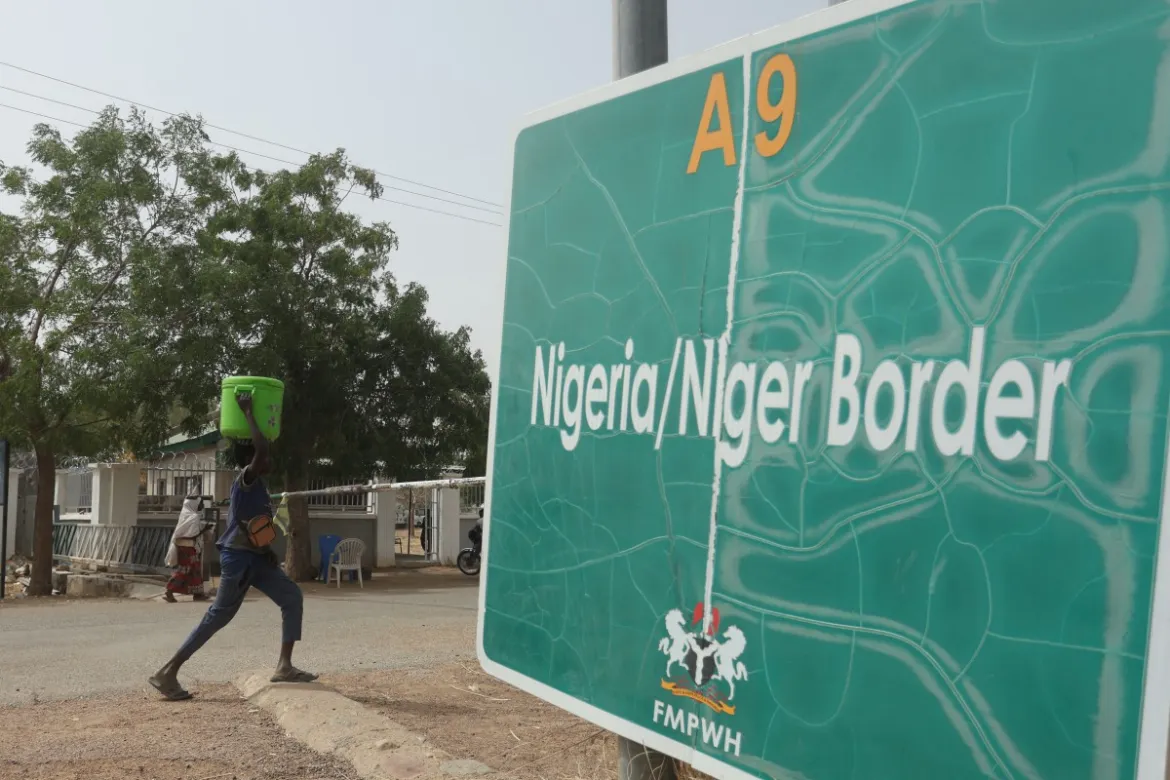
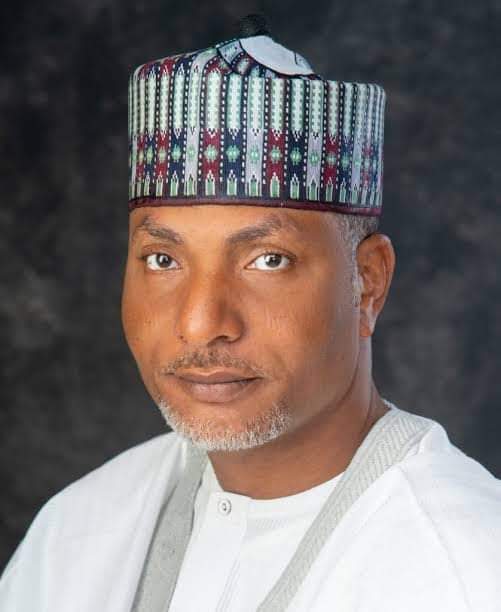
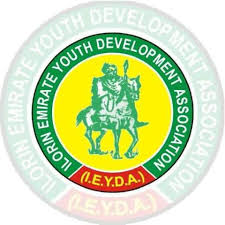
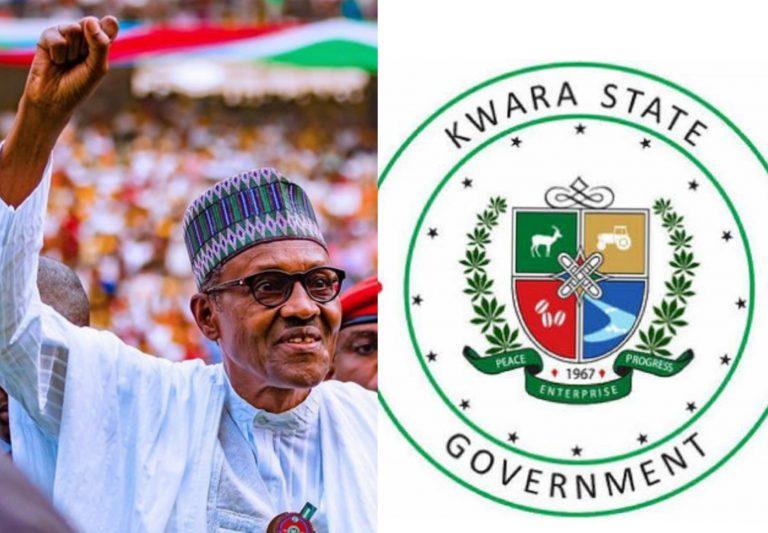
![[Op_Ed] Saliu Mustapha’s scholarship: A powerful investment in Kwara’s future](https://theinformant247.com/wp-content/uploads/2025/01/9cdd47c4-1110-4e8a-aca5-a1e44662b149-768x676.jpeg)
